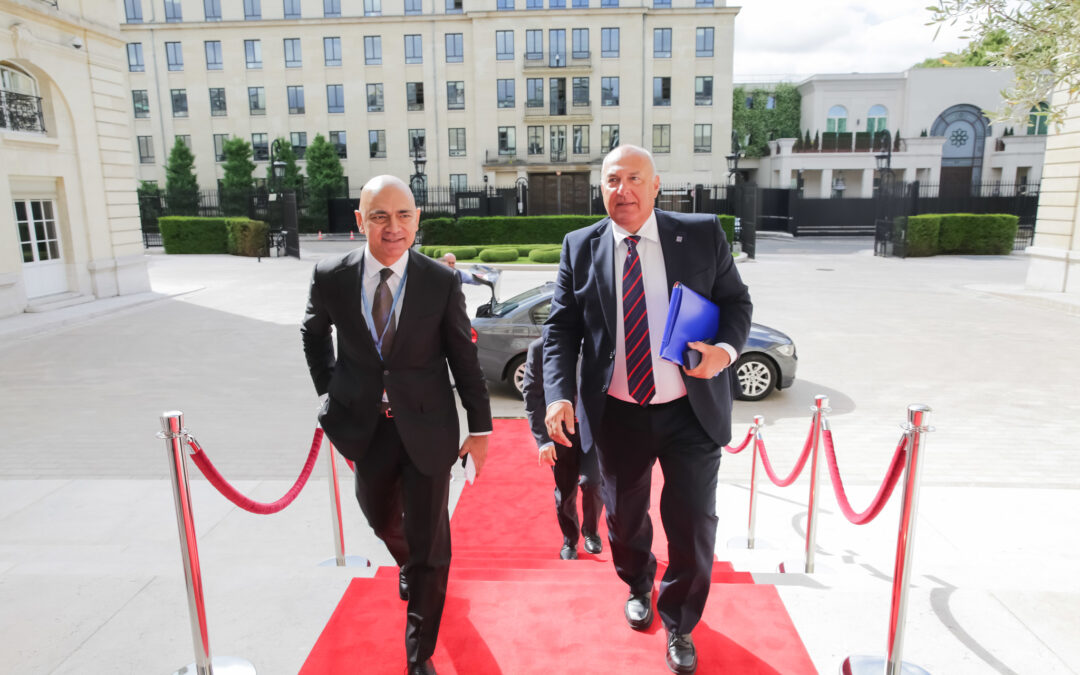Poland’s finance minister has called for a “reset” to reverse three decades of “the rich getting richer,” echoing similar statements by the prime minister as the government promotes its flagship tax-and-spending programme, the “Polish Deal”.
“Over the last 30 years, the rich have benefited from the development of our economy, becoming even richer,” said Tadeusz Kościński in an interview with Super Express, a tabloid. “Now we are doing a reset and a nod to those who earn less.”
“It cannot be [the case] that those who earn less pay more as a percentage,” he continued. “It is important that society does not stratify.”
Since emerging from communism three decades ago, Poland has experienced rapid economic growth. However, some have argued that, while many sections of society have benefited from this transition, others have been left behind.
The national-conservative Law and Justice (PiS) party, which came to power in 2015, has promised to address such imbalances, in particular through expanded and increased social benefits.
Its new Polish Deal package, as well as promising more such spending, will also reform the tax system in a progressive direction. Plans approved by the government earlier this month will cut taxes on lower-earners but introduce a minimum tax on large companies and increase health contributions.
The tax-free income allowance will increase to 30,000 zloty (€6,640), almost ten times higher than the current 3,091 zloty (€684). The threshold for entering the bracket for the highest income tax rate of 32% will also be raised to 120,000 zloty (€26,600).
The prime minister, Mateusz Morawiecki – who like Kościński is a former banker – has hailed the reforms as “historic” and said that they will help “build the Polish middle class”.
Previously, he had called the existing tax system “unfair”, because “the rich use our roads and schools” but “do not pay [an amount] appropriate to their earnings”.
However, Jarosław Gowin, the then deputy prime minister, criticised the reforms in July, saying that they will “hit millions of hard-working Poles”. His party – a junior partner in the ruling coalition – recently left the government amid the dispute.
Last week, Gowin said in parliament that the proposal was “a great blow to the middle class” and a “socialist fraud”. He warned that “hard-working, enterprising and creative people are being hit under the guise of a slight reduction in taxes for the lower-earning sections of the society”.
The deal has also been criticised for its potential to further accelerate inflation, which in August reached its highest level in over two decades. Gowin argues that small businesses, faced with higher social security costs, will begin firing staff, closing down or shifting costs to their customers.
Polski Ład to wielki atak na klasę średnią. To socjalistyczne oszustwo. Uderza w ludzi ciężko pracujących. A jego konsekwencją będzie wzrost drożyzny. pic.twitter.com/MGMljAkP9f
— Jarosław Gowin (@Jaroslaw_Gowin) September 17, 2021
To this, Kościński replied that he “does not understand” why increased inflation should automatically follow. He said that, while most Poles will have higher disposable incomes, which “could spur more inflation,” they “will spend it on basic necessities, not luxury items”.
He admitted, however, that rising energy costs – a key driver of inflation in Poland – would contribute to higher price levels. “Energy prices may keep inflation higher still, but our economy and energy mix are changing fairly quickly,” he said, reports the Polish Press Agency (PAP).
Main image credit: OECD/Victor Tonelli (under CC BY-NC 2.0)

Maria Wilczek is deputy editor of Notes from Poland. She is a regular writer for The Times, The Economist and Al Jazeera English, and has also featured in Foreign Policy, Politico Europe, The Spectator and Gazeta Wyborcza.




















